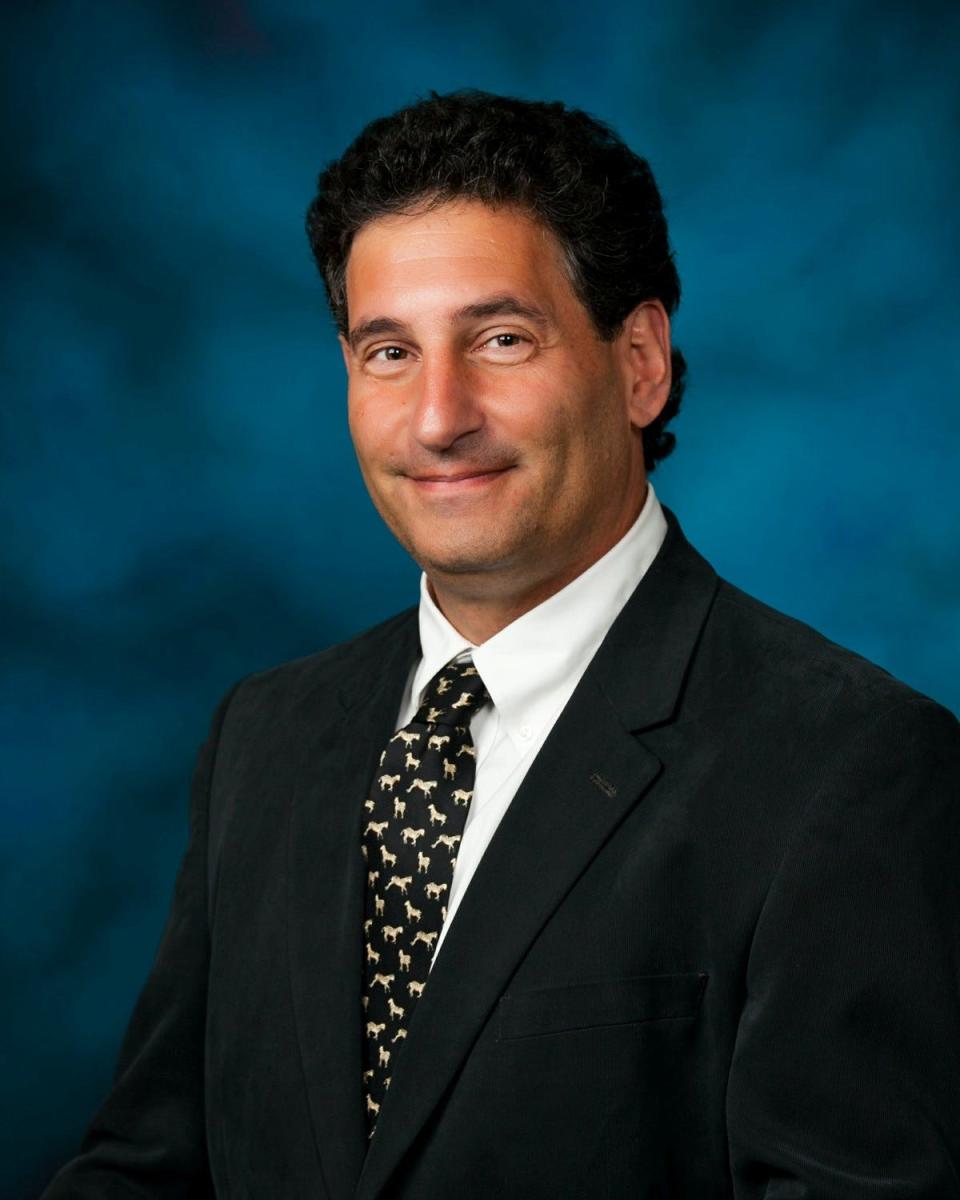What's Up Doc? Depression not abating with medication. What should I do next?
Q: My depression has not responded to the medication my primary care doctor prescribed. Are there reasonable next steps?
A: Depression is an extremely common condition, affecting up to 5% of the population. The diagnosis of major depression is made by having five of the following nine symptoms (specifically including at least one of the first two, and not associated with substance abuse or caused by another medical disorder) causing substantial distress or impairment essentially daily for at least two weeks:
Depressed mood most of the day
Diminished interest/pleasure in almost all daily activities
Significant change in appetite or weight
Poor sleep
Psychomotor agitation/retardation
Fatigue/loss of energy
Feelings of worthlessness/guilt
Impaired concentration/indecisiveness
Recurring thoughts of death/suicide.
Since certain other medical conditions, for example low levels of thyroid hormone, certain medication side effects, vitamin/electrolyte imbalances (such as high calcium, vitamin B12 deficiency, others), having a chronic disease (for example diabetes, multiple sclerosis, kidney disease, heart disease, lupus, fibromyalgia, others) and many others may mimic/cause depression-like symptoms, certain blood and/or urine tests may be indicated.

There are many options available to treat depression. These include psychotherapy/counseling techniques (sometimes called "talk therapy"), many different medications (for example serotonin reuptake inhibitors/modulators, serotonin-norepinephrine reuptake inhibitors, tricyclic antidepressants, monoamine oxidase inhibitors, others) and other treatment modalities. For many patients, their best treatment option combines medications and psychotherapy/counseling.
A positive response to treatment is demonstrated by improvement in symptoms; this typically occurs over a few months. The patient’s depression is considered to be in remission when their symptoms resolve to a level similar to that of the general population (since we ALL have symptoms as noted above at times, a complete absence of symptoms is not typically expected), for example a score on the Hamilton Rating scale of 7 or less.
Over a third of major depression patients have a good response to their initial treatment plan, with another 50% improving after their treatments are further adjusted (sometimes two or three refinements are needed). Over half of major depression patients have their symptoms remit over a year or so, and three-quarters by two years.
You did not improve with your initial treatment, but it may be too soon to say you have treatment-resistant depression (often defined as depression that does not respond to one or two trials of a single antidepression medication), and it is certainly too early to consider your depression treatment-refractory (often defined as depression that is highly resistant to multiple sequential treatment regimens). Although there are no universally accepted definitions of treatment-resistant and treatment-refectory depression, the concept of not improving with a couple of treatment regimens versus not responding to multiple different care plans is a reasonable way to think about the difference between these.
There are MANY possible next step treatment options for you, so hang in there and follow up with your health care provider to discuss your concerns, and please consider reaching out to a mental health specialist to get their input as well. For example, one next-step option may be to adjust your treatment medication (dose or type), and to add psychotherapy/counseling.
In cases of refractory depression, the first step is to confirm the diagnosis, for example by aggressively ruling out other medical conditions and contributing factors that could be complicating the patient’s condition. Refractory depression patients should be treated by an experienced psychiatrist, and the specific improvements to expect, and when to expect them, should be discussed in order to set realistic goals.
Common next step treatment regimens include trying different classes of medications and even combining different medications, as well as adding psychotherapy. Other treatments may be needed for some refractory cases. For example, ketamine has been shown to be of benefit in some patients who have not responded to other treatments, as have other treatment approaches such as:
Adding an exercise regimen
Adding certain vitamins, for example methyl-folate (a type of the B9-vitamin folate that can cross the blood/brain barrier) and/or omega-3 fatty acids
Trying medications usually used for other psychiatric disorders (for example lithium which is more commonly used for manic-depression, others)
Use of certain anti-inflammatory medications (such as the non-steroidal anti-inflammation drug celecoxib, cytokine inhibitors, others)
Using certain types of noninvasive neuromodulation using electricity or magnetic fields to stimulate the central nervous system, such as transcranial magnetic stimulation (TMS) or electro-convulsive therapy (ECT)
Utilization of botulinum toxin
Certain investigational medications
If you are one of the many people suffering from depression, even if it is refractory depression, there are many potential therapies, so follow up with your doctor until you find a treatment which works for you.
Jeff Hersh, Ph.D., M.D., can be reached at DrHersh@juno.com
This article originally appeared on MetroWest Daily News: Treatments for depression that is not responding to medication

